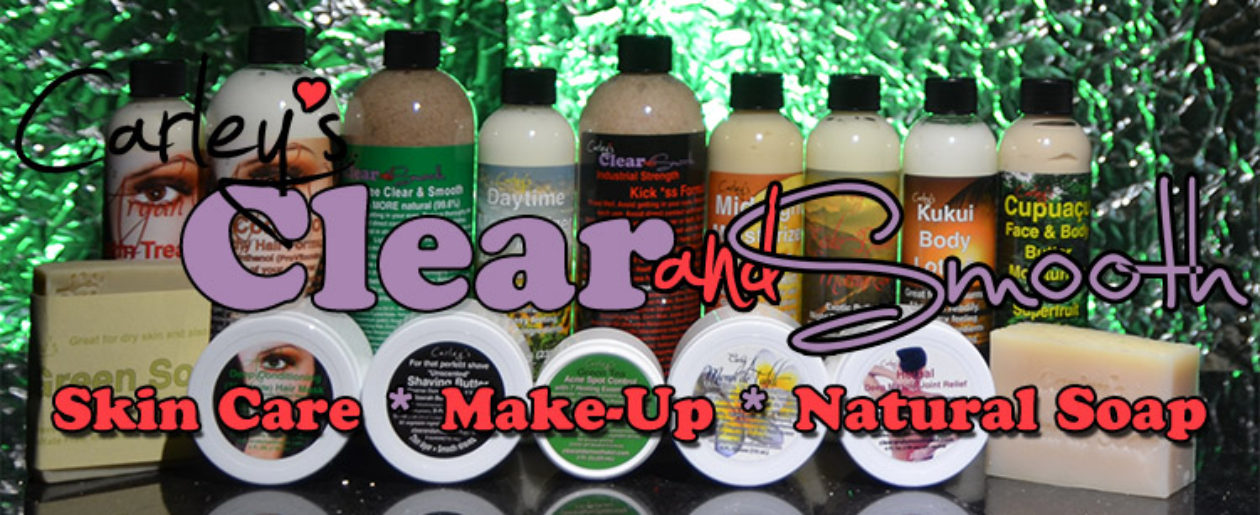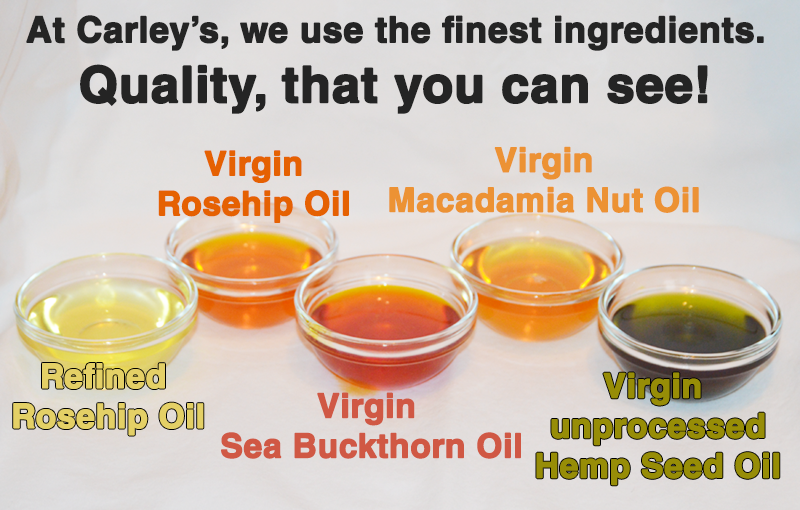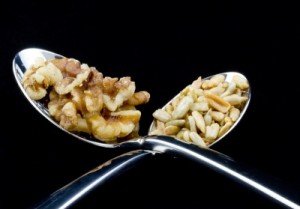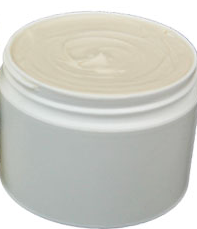A short story about that Refined Rose Hip Oil on the left.
It’s been sitting in a refrigerator for 14 years. I bought it by mistake. We tried to use it instead of our usual Virgin Rose Hip Oil. In the beginning, I just didn’t understand the difference. When the moisturizer was made I couldn’t believe the difference. It was so weak and unexciting. I noticed it first because the color was different. It seemed like we had made a moisturizer using mineral oil. Luckily, we hadn’t put it in the jars. So we tossed that batch and quickly ordered the good stuff. I still hold onto it as a reminder to always use the best ingredients.
The picture shows you why we believe our skin products are so much better. Almost all skin care companies try to save as much money as they can. Even the ones who make high priced moisturizers still cut corners. One way they cut costs, is to use highly refined oils. The deeper colors of the virgin oils, show you how many nutrients are present. They use dyes to cover this up.
What’s the difference between virgin and refined oils?
Virgin Oils are first pressing using as little heat as possible. Refining produces a lot more oil. But refining (they use a lot of heat) strips out many, if not most of these nutrients.
So what nutrients are in these Virgin oils?
These Virgin oils are rich in nutrients such as carotenoids, tocotrienols, and tocopherols. They are loaded with antioxidants like phenols, terpenes, and glucosides; vitamins A, C, and E; beta-carotene; plant sterols; and trace elements such as copper, iron, selenium, and manganese. All important nutrients your skin can use to become healthy.
Why can’t we just apply these oils to our skin?
Our skin is 64% water. Oils and water don’t naturally mix. Oils don’t absorb well into our skin The way we make our true moisturizers insures these precious oils will absorb deep into your skin.
Learn More About Carley’s Ingredients at ClearandSmoothSkin.com









